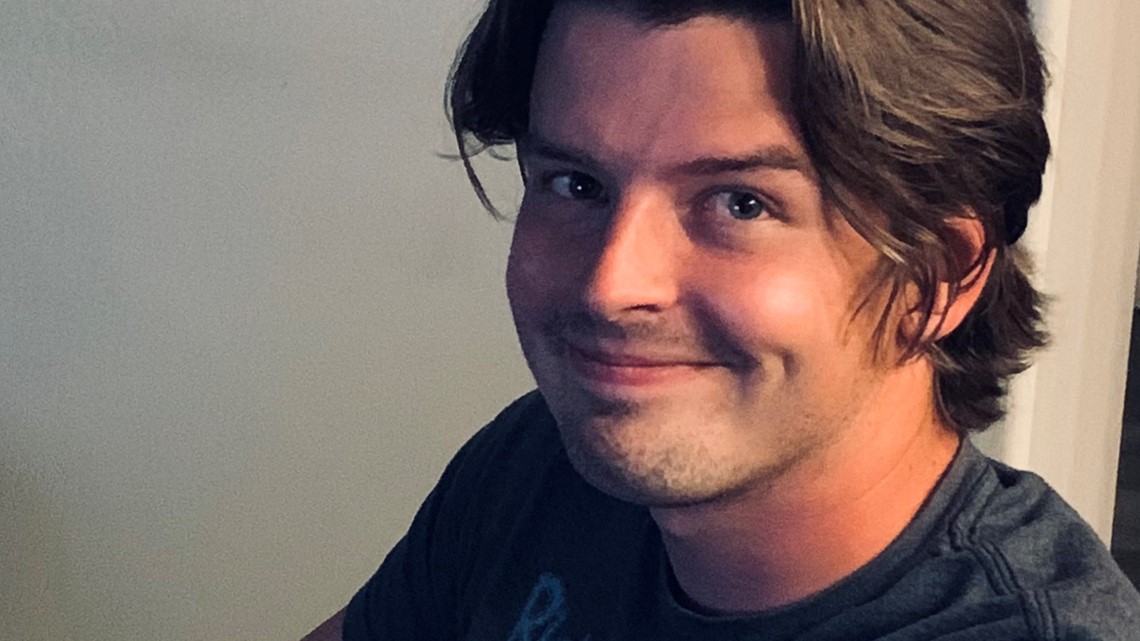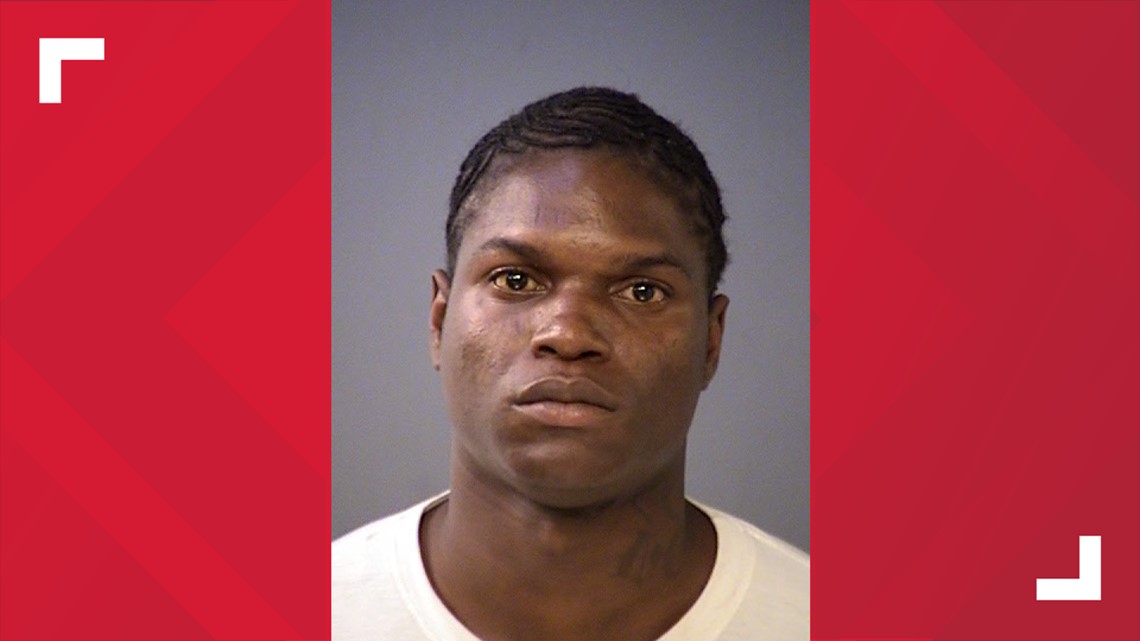INDIANAPOLIS — The mother of an Indianapolis shooting victim urged senators to pass a bill that would limit The Bail Project.
The man charged with murdering Nikki Sterling's son, Dylan, was out on bond with the help of the group.
“If I can help prevent this from happening to another family member, help prevent another mother from getting the same phone call that I received that night, I will push and I will fight to do that,” said Sterling.
Sterling now lives in Arizona, but traveled to Indianapolis to encourage lawmakers to take on the group.
Travis Lang is charged with Dylan's murder. At the time of the shooting, Lang was accused of other crimes, but was out on bond, in part, because of The Bail Project.
"As a mother, I just couldn't wrap my brain around how they select individuals to bail out of jail,” she said.


She now supports Senate Bill 8. The bill would ban the group from receiving taxpayer money like the $100,000 it received from the Central Indiana Community Foundation. It would also require state certification or limit the not for profit to only help two people every 180 days. The bill also says charity bail organizations can only help people facing a misdemeanor. It caps bail payments to $2,000. A 2021 quarterly reports shows the group averages $2,130 per client and the median amount it pays for bail is $1,500.
The Bail Project said calls to limit what it can do are unfair. It argues it’s goal is to help people who can’t afford to pay to get out.
"We want to level that playing field,” said David Gaspar, national director of operations for The Bail Project.
13Investigates asked the group if it would consider only helping Hoosiers with misdemeanors or low level felonies. It said no.
“Our condolences go out to the mother that you spoke to,” Gaspar said. "For us, it's really about serving people and identifying where that individual is and the freedom that they're afforded due to the Constitution.”
"One of the reasons why our state must set those regulations for them is because I don't see an initiative on their part to start making changes,” Sterling said.
The Bail Project has bailed out nearly 1,000 Hoosiers since coming to Marion County in 2019.
The group only goes to work after a judge sets a cash bond. That’s when a defendant has to pay the full bond amount. The project or a defendant may get the money back if everything is done correctly.
A judge could also set a surety bond. That’s when you need a bail bondsman. A defendant ponies up at least 10 percent of the bond and doesn’t get their money back.
Lang was out on both types of bonds.


“We only ask for fairness,” Gaspar said. “If we're going to be called out and we're going to be asked about our decision in that case, why isn’t the bail bondsman?"
Sterling, as well as lawmakers and the police union, argue bail bondsmen are already regulated, unlike The Bail Project. However, no one who pays a cash bond is regulated. The defendant, a family member or stranger can pay a cash bond without regulation.
The Senate Corrections and Criminal Law Committee started hearing testimony on the bill on Tuesday and plans to continue to hear testimony when it meets again.

